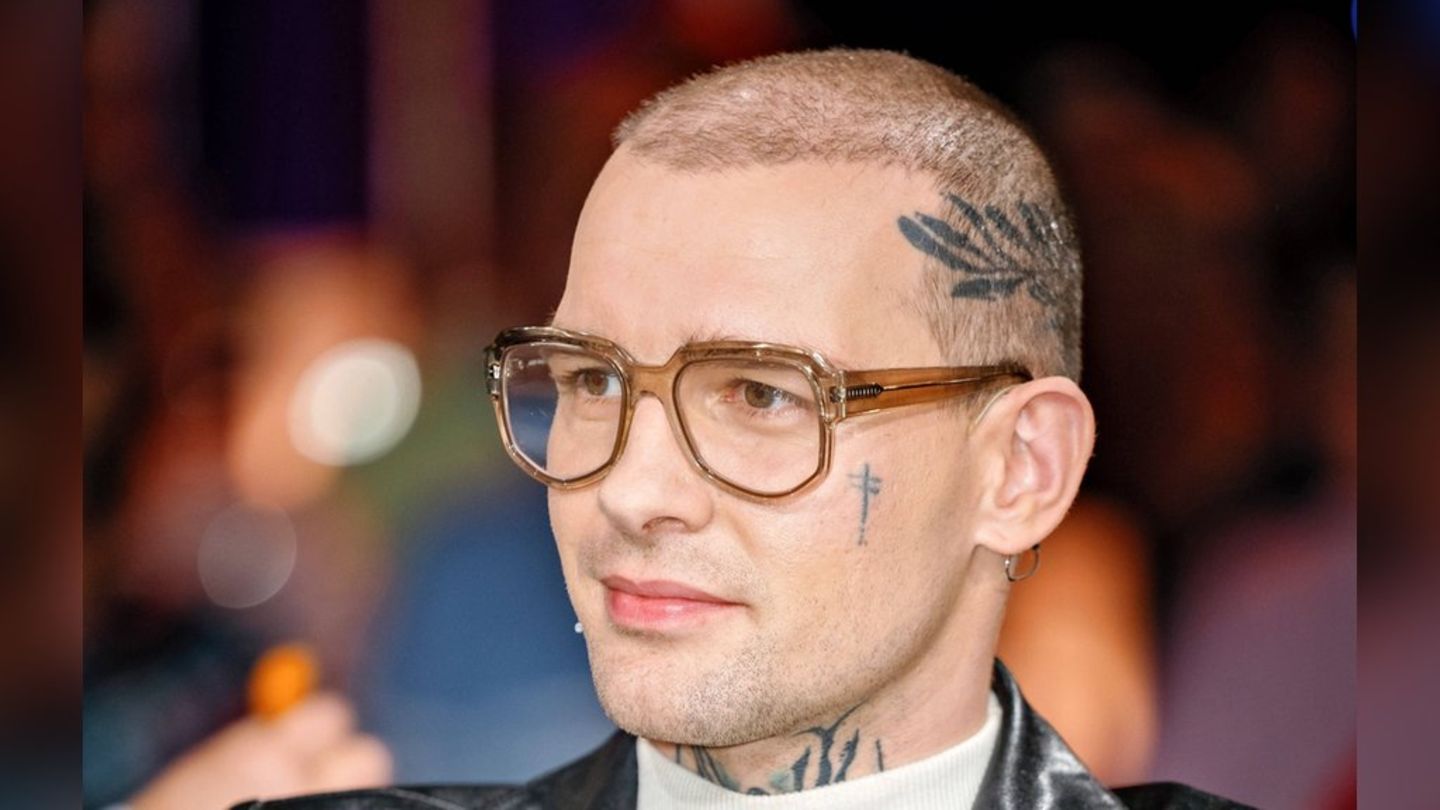Image: GEORG HOCHMUTH (APA)
W. should not be able to stand trial due to an illness, according to a finding and a patient letter.
The documents are likely to have been presented to the court shortly before the hearing. The business and corruption prosecutor (WKStA) then requested that the defense counsel for the ex-BVT department head be instructed to clarify within three days when Martin W. will be able to be transported and negotiate again and to clarify the medical facts Appoint experts from the field of surgery, if necessary from internal medicine. The Senate reserved the right to decide. The case against Martin W. was dropped to avoid procedural delays, and the hearing with the four other accused was started. It is unclear when and if Martin W. will or can be included in this again.
Senior Public Prosecutor Ursula Schmudermayer then outlined the indictment to the lay judges in her opening speech. There are essentially three complexes for which the accused are responsible, all in connection with the charge that they had housed a general of the Syrian state security in Austria and procured asylum for him despite the lack of the legal requirements.
First of all, admission to the asylum procedure: In March 2015, a BVT official is said to have traveled to Israel to meet with representatives of the Israeli foreign intelligence service Mossad. Operation White Milk was born. The aim of this operation was to bring the general, who was in France at the time and had also applied for asylum there, to Austria.
“But of course you also need someone in the BFA (NB: Federal Office for Immigration and Asylum)”, said the chief public prosecutor, looking in the direction of the fifth accused. He is said to have advised the four accused, a BVT official who reports to Martin W. and Bernhard P., on how the general could get asylum in Austria.
Video: Trial launched against ex-BAT top officials
Actually, France would have been responsible for his asylum procedure, said Schmudermayer. If Austria had turned to France, the French would have had to take the general back. With two exceptions: Austria can take over a procedure if the applicant is threatened in the applicant country. After such an examination, the applicant can receive a so-called “right of self-entry”. The only other possibility for the general was that Austria failed to inform the French authorities. In the end, that was what happened – according to the indictment, deliberately, the deadline was deliberately allowed to pass. After France was not informed even two months after the general came to Austria, Austria became responsible for the procedure. That should have been the defendant’s plan, emphasized the chief public prosecutor and read a chat from the former BFA official to the ex-BVT chief inspector (“Self-entry a little difficult. File remains untouched”).
The fact that the general got to Austria at all must not have been so easy. BVT officials are said to have opened up to officials from the French intelligence service DGSI to bring the general to Austria. According to French law, however, he was not allowed to leave the country at all, according to Schmudermayer. In the end, Mossad officials are said to have taken him to the Austrian border themselves, where a BVT officer is said to have picked him up and later taken him to the initial reception center in Traiskirchen.
“G’schichtldrucker” and a positive asylum decision
There “he (the general, note) prints a story for her (meaning: a BFA officer who conducted the asylum interview)” and invents a dangerous situation in France that never existed, stressed Schmudermayer. The BVT also issued a “hazard prognosis”, i.e. a confirmation that it does not pose a threat to Austria’s internal security.
Only three and a half months later, the Syrian actually receives a positive asylum decision. Schmudermayer complained that although Israel transferred 5,000 euros a month for him, he still received basic services in Austria.
As a second complex, the WKStA accuses the accused ex-BVT participants of violating their duty to report to the Vienna public prosecutor. When the CIJA, an NGO for the documentation of war crimes in Syria, contacted the Ministry of Justice in January 2016 and stated that the general was accused of war crimes, Bernhard P. and the fourth accused are said to have sat next to them, but did not disclose that they knew him .
“Thank you” to witnesses
In addition, a few months after the proceedings began, the officials are said to have questioned a man who had worked in the same prison in Raqqa as the general and who knew him. “That’s what we call a witness,” but the public prosecutor’s office was never informed, said Schmudermayer. In contrast to the general, the said witness was not granted asylum in Austria because people had “greatest gratitude” for his past.
According to the chief public prosecutor, the last set of charges involved unlawful investigations against the Commission for International Justice and Accountability (CIJA): “Instead of investigating the general as they should, they are investigating against the CIJA.” A BVT official is said to have been sent to The Hague to take photos of the organization’s headquarters. “When will I get your tourist photos from The Hague?” Bernhard P. wrote to her. However, the Dutch authorities were never informed about this, the folder with the photos had not been passed on and was intended exclusively for P., according to the senior public prosecutor.
“We don’t care about that,” Schmudermayer summarized the BVT’s approach at the end. The unlawful conduct of the accused “undermines the population’s trust in the authorities in Austria. It harms the republic.”
Source: Nachrichten




